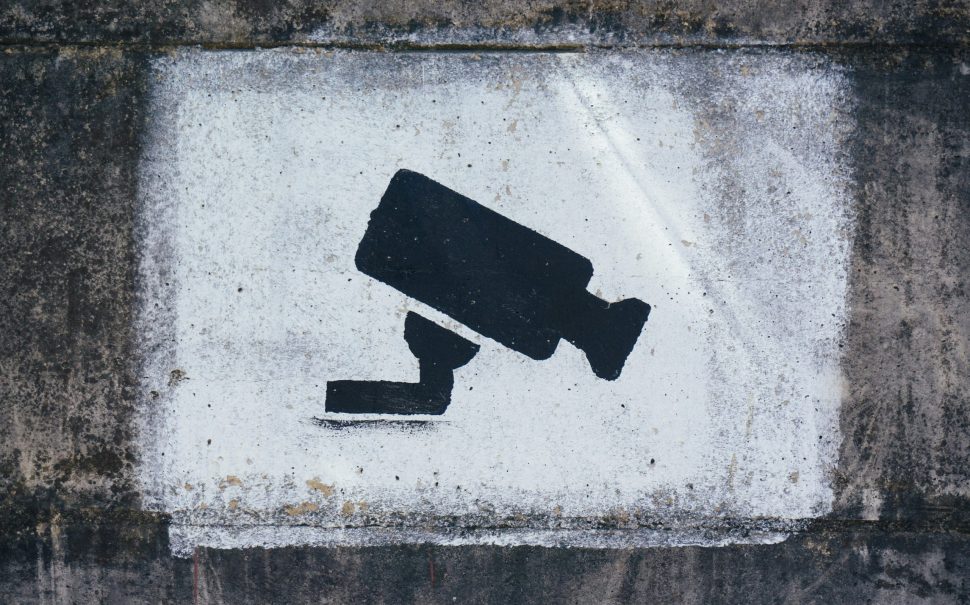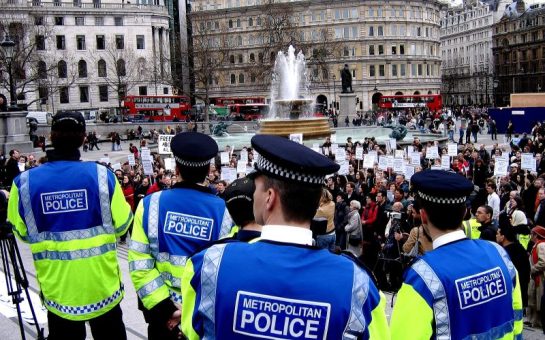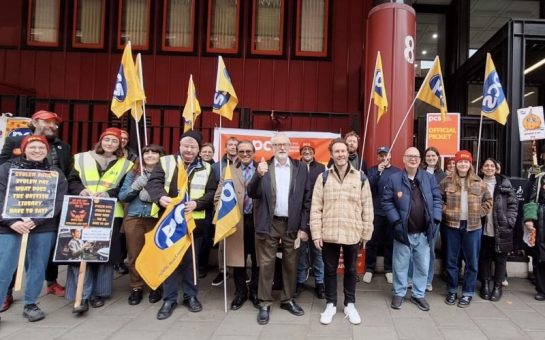Privacy groups have expressed concern over the rise in use of live facial recognition technology (LFR) by police this year.
The use of facial recognition technology by the Metropolitan Police is likely to exceed 2024’s deployment, with 64 cases recorded in London so far this year compared to 52 in 2024.
Facial recognition technology has been used twice in Camden in the last month, whereas it was only previously deployed five times in the past two years, and police use of LFR has been consistently criticised by human rights groups concerned about the technology’s effect on UK citizens’ privacy.
Big Brother Watch senior advoacy officer Madeleine Stone said: “Live facial recognition technology turns us into walking barcodes, and Camden’s public spaces into a police line-up.
“Residents of Camden will be subject to a biometric police identity check as they travel through their community and could risk being misidentified and wrongly flagged as a criminal.”
Of the 12 confirmed alerts in Camden this year from over 32,000 faces scanned, only five actual arrests were made, with four instances where no action was taken.
The Metropolitan Police does have safeguards in place to address privacy concerns, as if a member of the public walks past an LFR camera and is not wanted by the police, their biometrics are immediately and permanently deleted.
StopWatch, an organisation dedicated to tackling disproportionate policing and advocating for the implementation of a more robust accountability mechanism for the police, has raised concerns over marginalised communities being targeted more by LFR.
In their consultation response, StopWatch explained marginalised communities are disproportionately likely to be stopped and searched by the police, and are thus disproportionately represented in police data, and therefore police algorithms.
StopWatch’s policy advocacy lead Jodie Bradshaw said: “Because of racial disproportionality in the likelihood of the police interacting and stopping and searching a black person, that then exacerbates this rigorous cycle of criminalisation where they’re also more likely to be flagged on live facial recognition technologies and then even more likely to be stopped and searched again.”
StopWatch believes the use of LFR could have detrimental effects on community relations with the police if residents feel constantly watched and targeted.
Bradshaw said: “We know that as a result of mistrust towards the police from a feeling of being over policed and harassed by officers, individuals are less likely to report crimes to the police.
“So it becomes counter-productive, because then police are provided with less intelligence to carry out their policing practices, and it becomes very cyclical and to the detriment of tackling crime as a whole.”
These concerns over facial recognition technology have resurfaced after it emerged that the Metropolitan Police are planning to install two permanent LFR cameras in Croydon this summer.
Big Brother Watch believe the installation of these cameras poses a serious threat to public freedom.
Stone said: “The permanent installation of live facial recognition cameras in London is deeply chilling and marks a worrying escalation in the use of this technology with no oversight or legislative basis.
“The Government urgently needs to rein in police use of this invasive technology.”
The Metropolitan Police explained the Croydon cameras will be mounted on street furniture, not be fixed installations, and there are no current plans to expand to any other sites around London.
A Metropolitan Police spokesperson said: “The Met is committed to making London safer, using data and technology to identify offenders that pose a risk to our communities.
“Each deployment is based on intelligence and we continue to engage with our communities to build understanding about how this technology works, providing reassurances that there are rigorous checks and balances in place to protect people’s rights and privacy.”
“Last year we made over 500 arrests using LFR – removing dangerous individuals who were suspected of serious offences, including strangulation, stalking, domestic abuse and rape.”
Picture Credit: Free to use from Unsplash





Join the discussion